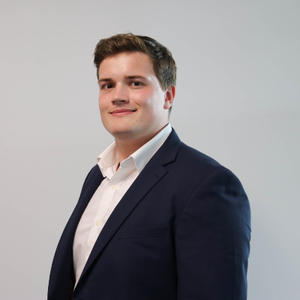Innovation-enabled market creation in a telehealth-enabled world: Overcoming the diagnostic testing gap.
Student: Shay O'Malley, 2021-2022

Sponsor: Sense Biodetection, Oxford, UK
The provision of healthcare services virtually has seen rapid growth in recent years as technology has become integrated into our lives intimately. However, while smartphones and internet connectivity have become ubiquitous, and have enabled access to telehealth at grand scale, the standard of care offered remains hampered by the slow evolution of medical fields that form the backbone of delivering in-person treatment. Nowhere is this more evident than in diagnostics, a branch of medicine that is critical to the clinical decision-making process, regardless of the condition. In the diagnoses of illness, diagnostic testing forms the backbone of effective treatment but options in telehealth are limited, either necessitating referral for in-person testing using a method that is reliable, but slow and expensive or the use of limited point of care tests that are self-directed, convenient and fast but offer less than comprehensive results. Telehealth’s popularity is a direct result of the convenience, savings and control it offers prospective patients, but if it wants to offer a standard of care that is comparable to the conventional, its diagnostic capabilities must be reimagined. I am working with Sense Biodetection, a molecular diagnostics start-up to investigate the potential for their upcoming Veros™ instrument-free single use rapid molecular platform to drive adoption of telehealth services in the future and developing a strategy to ensure diagnostics evolve to become a key part of the virtual clinical decision making process by applying Sense’s technology to deliver rapid and reliable test results for a host of ailments and illnesses at the point-of-care.